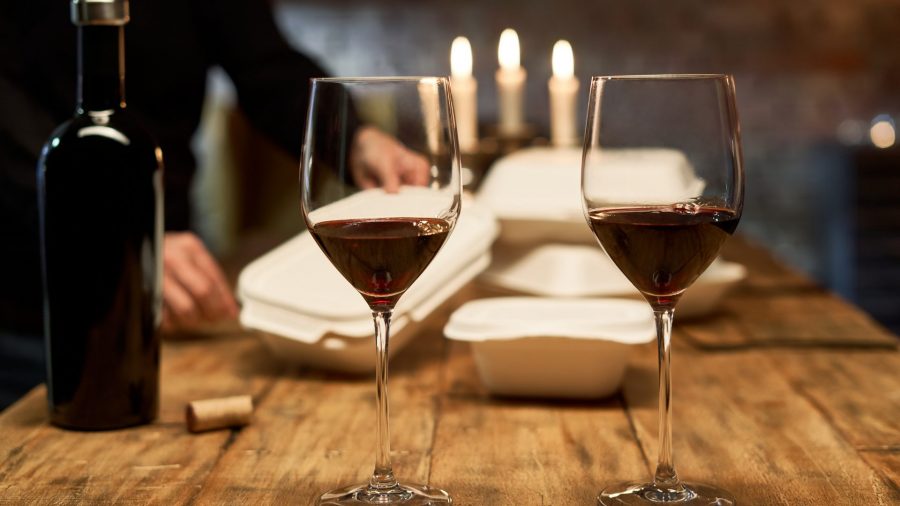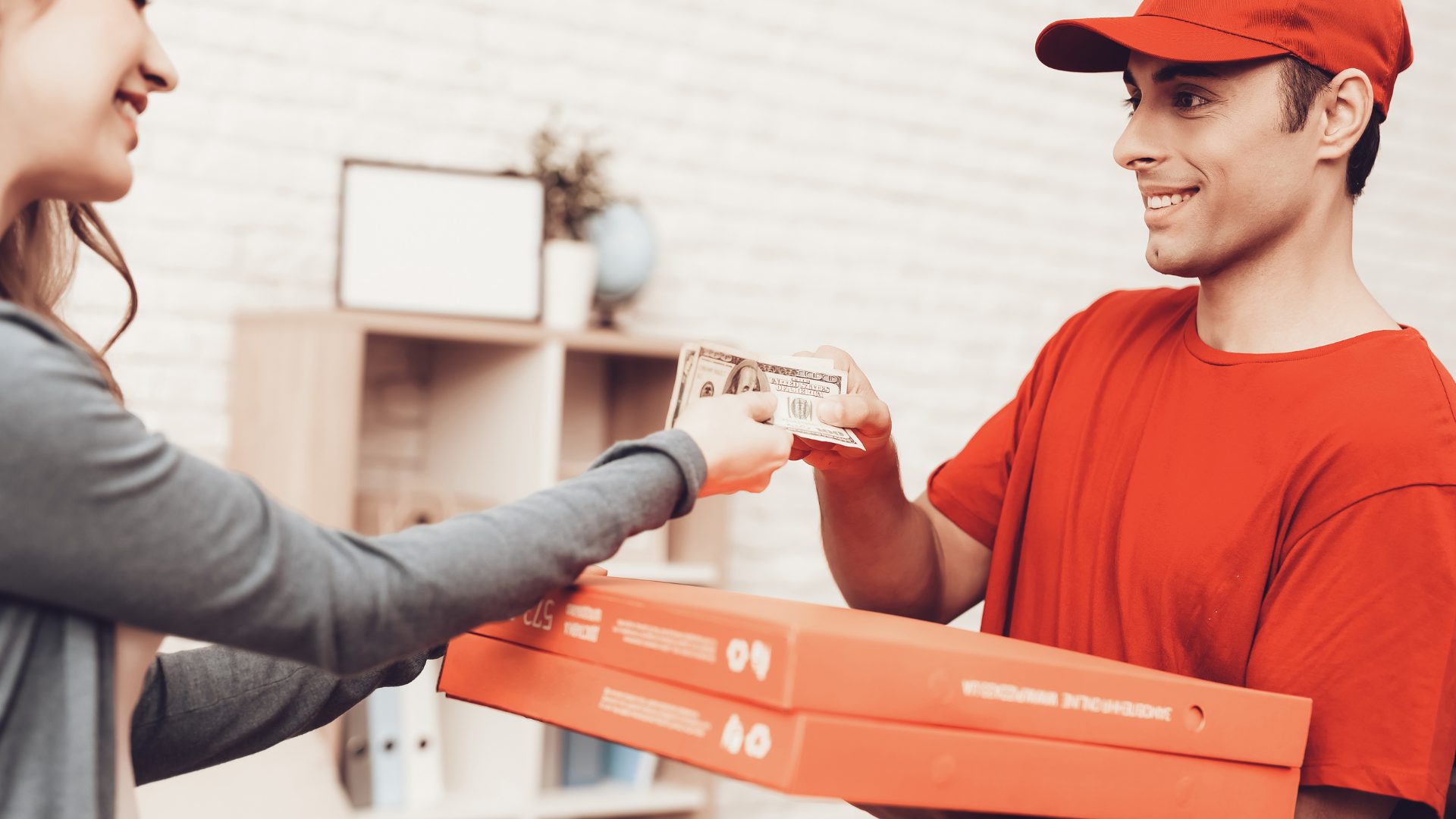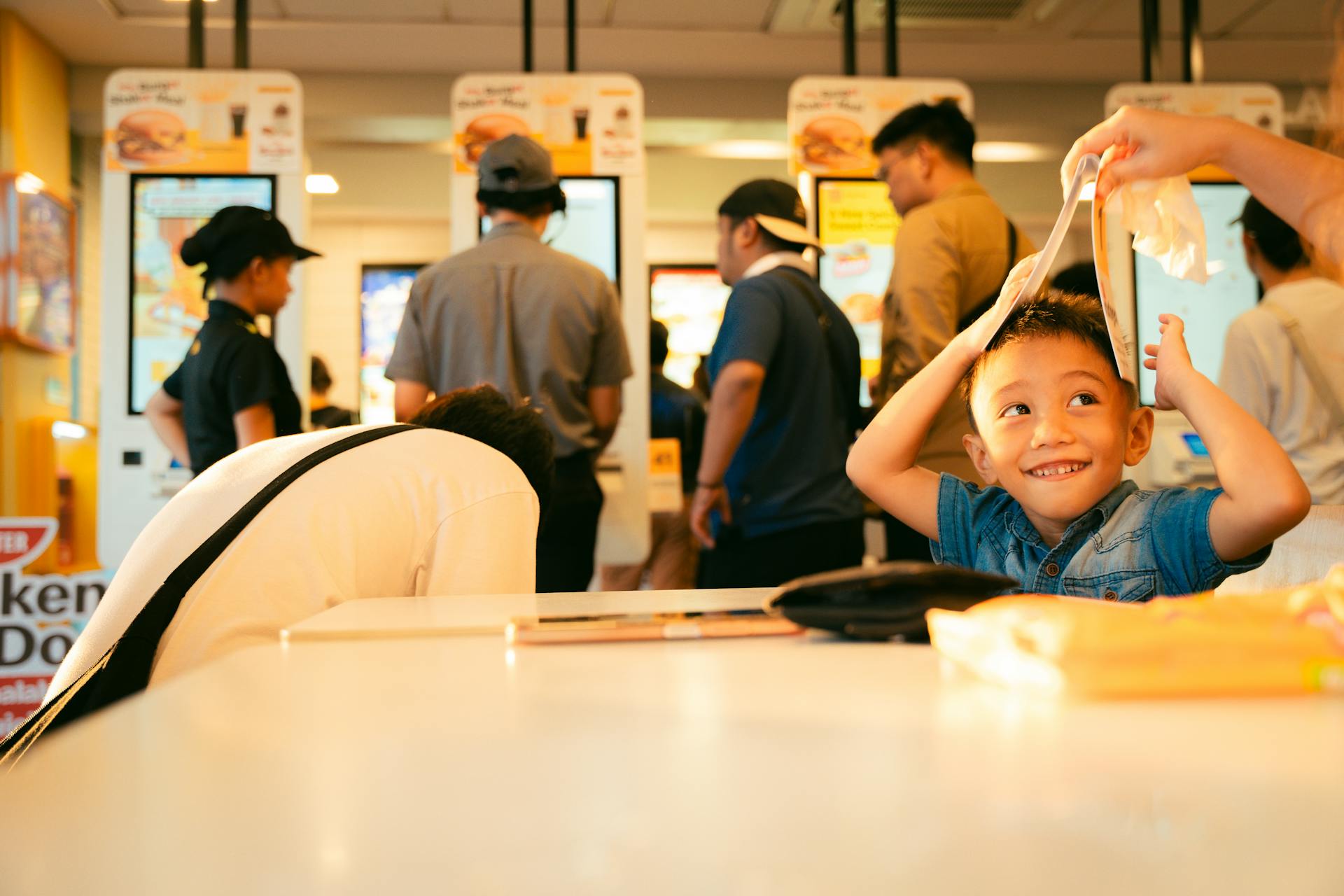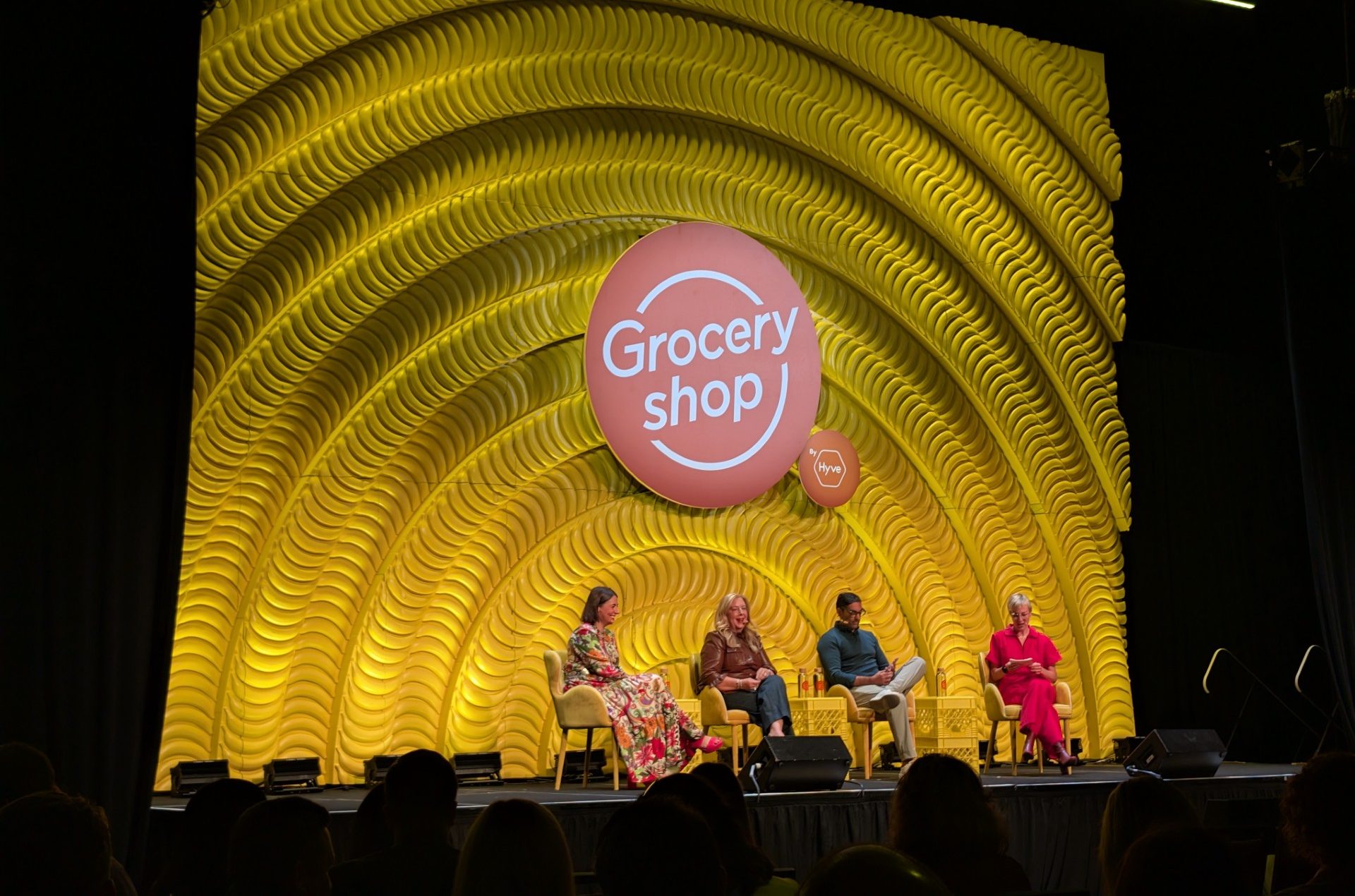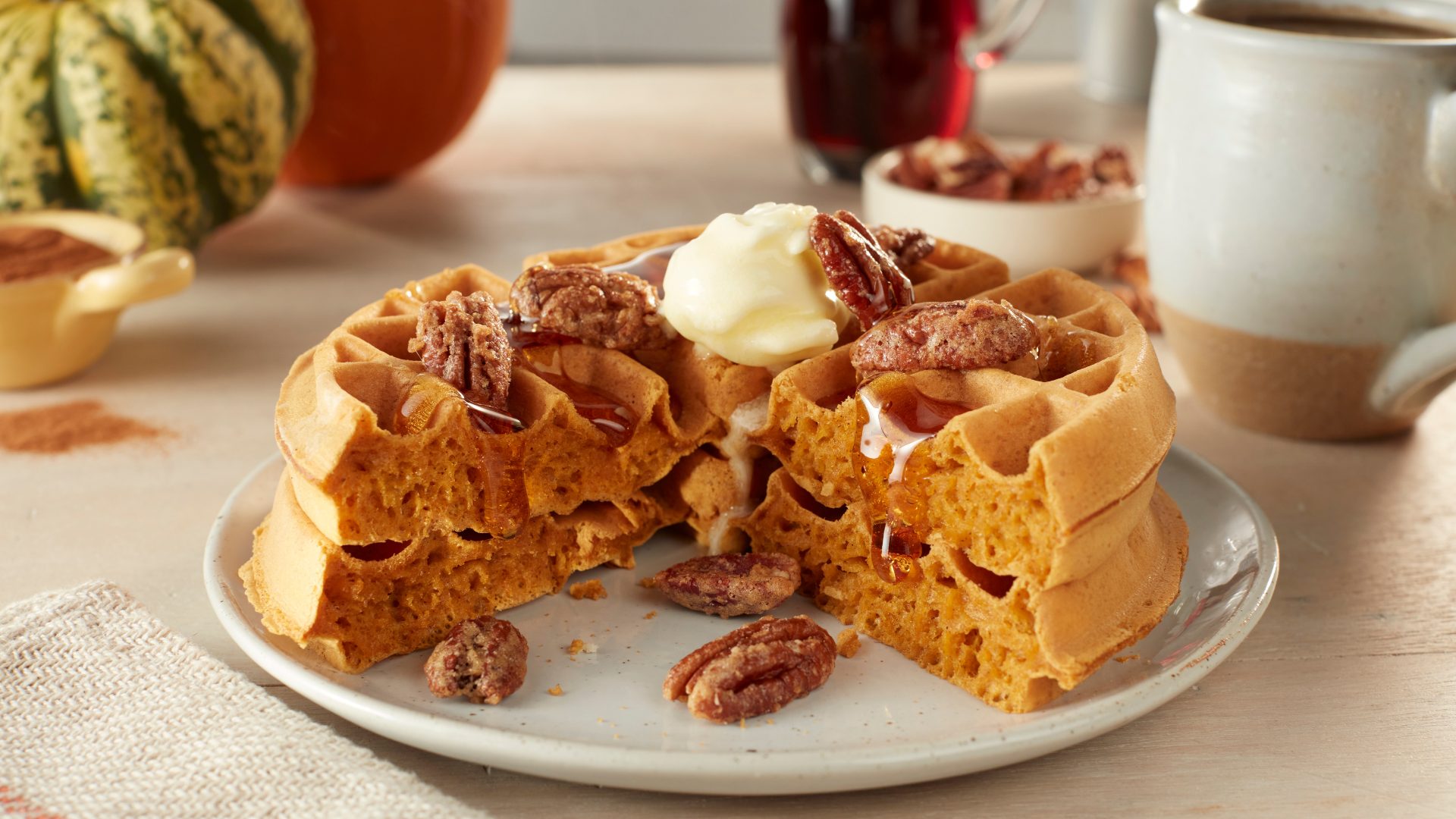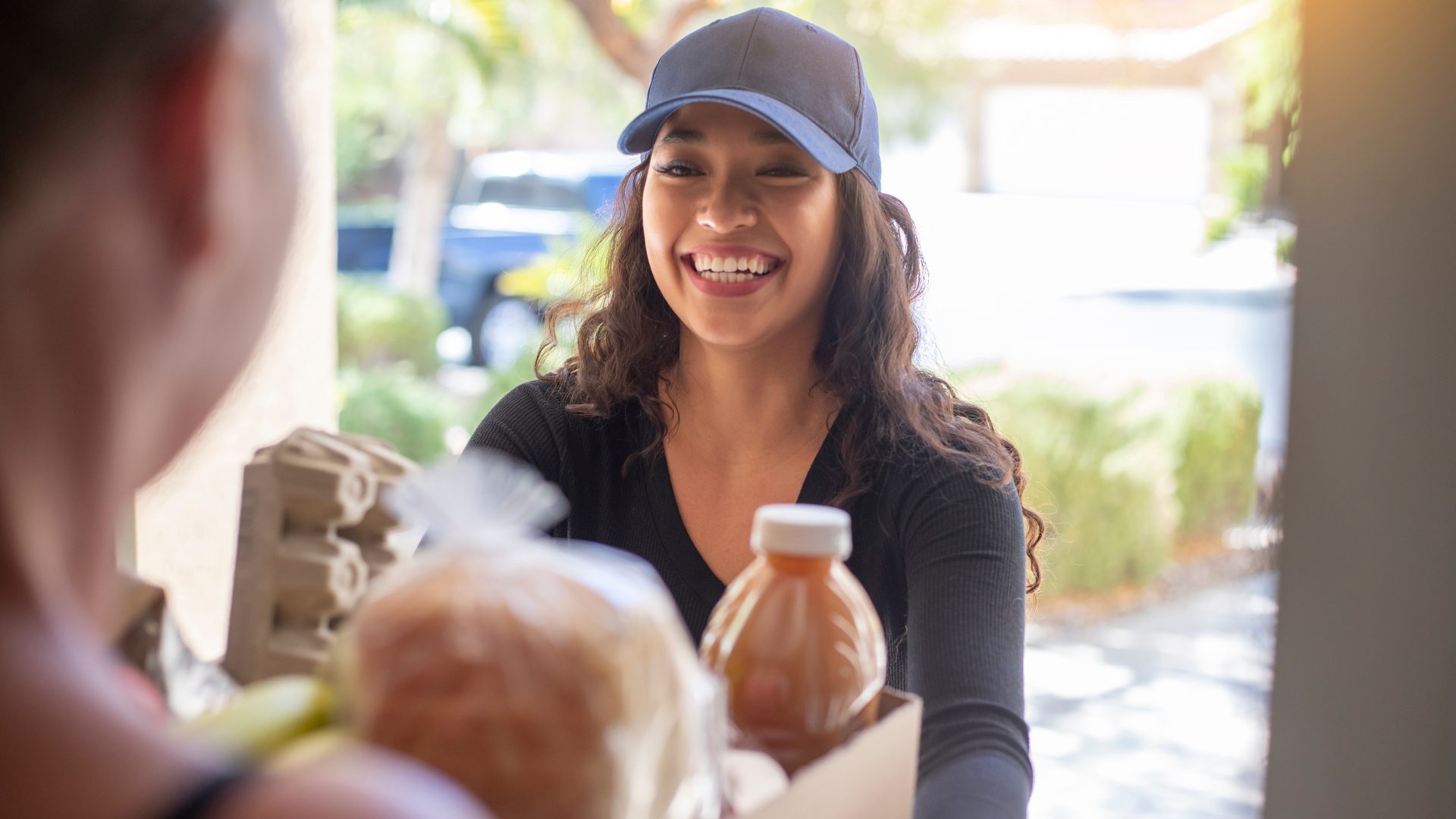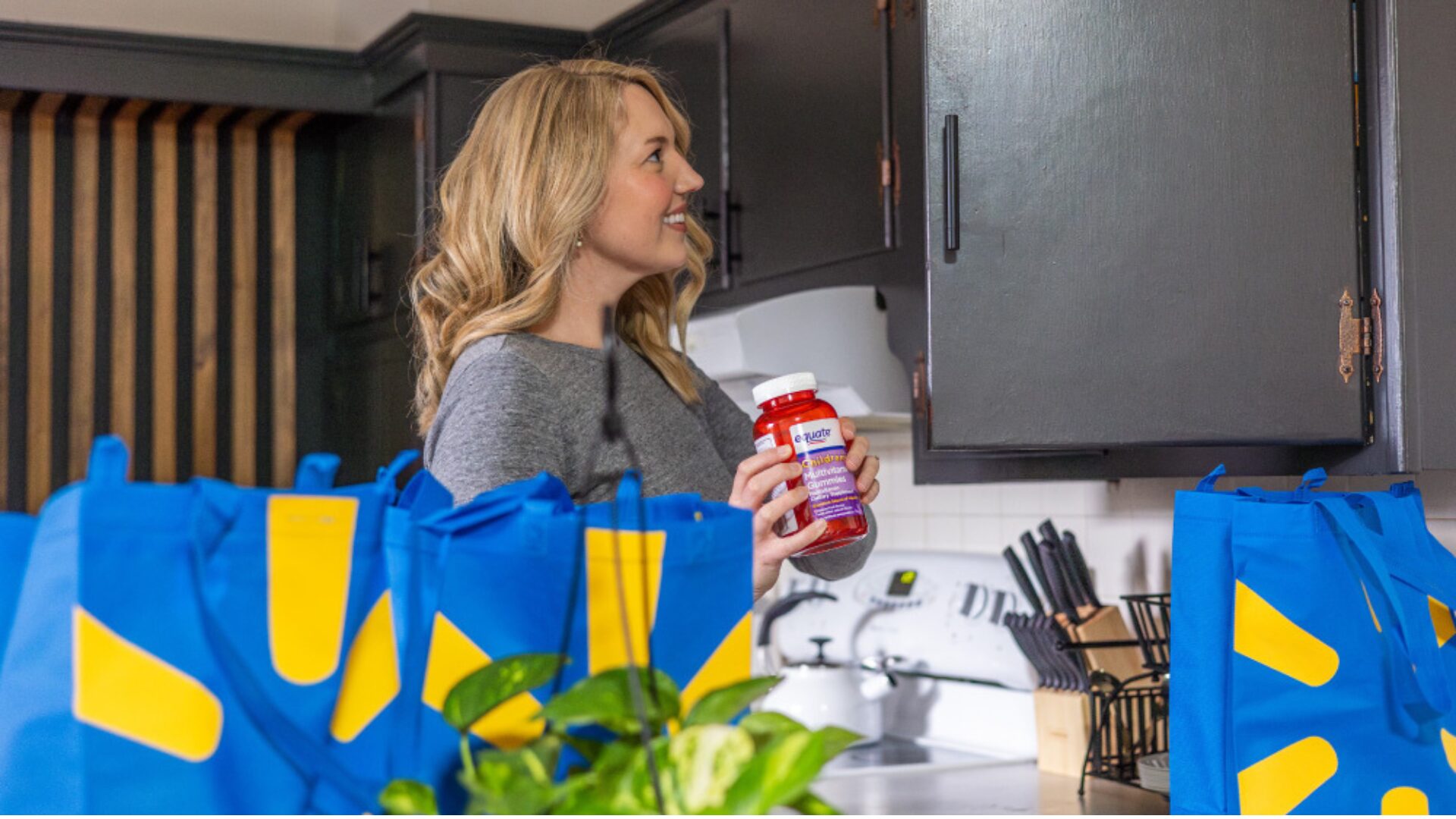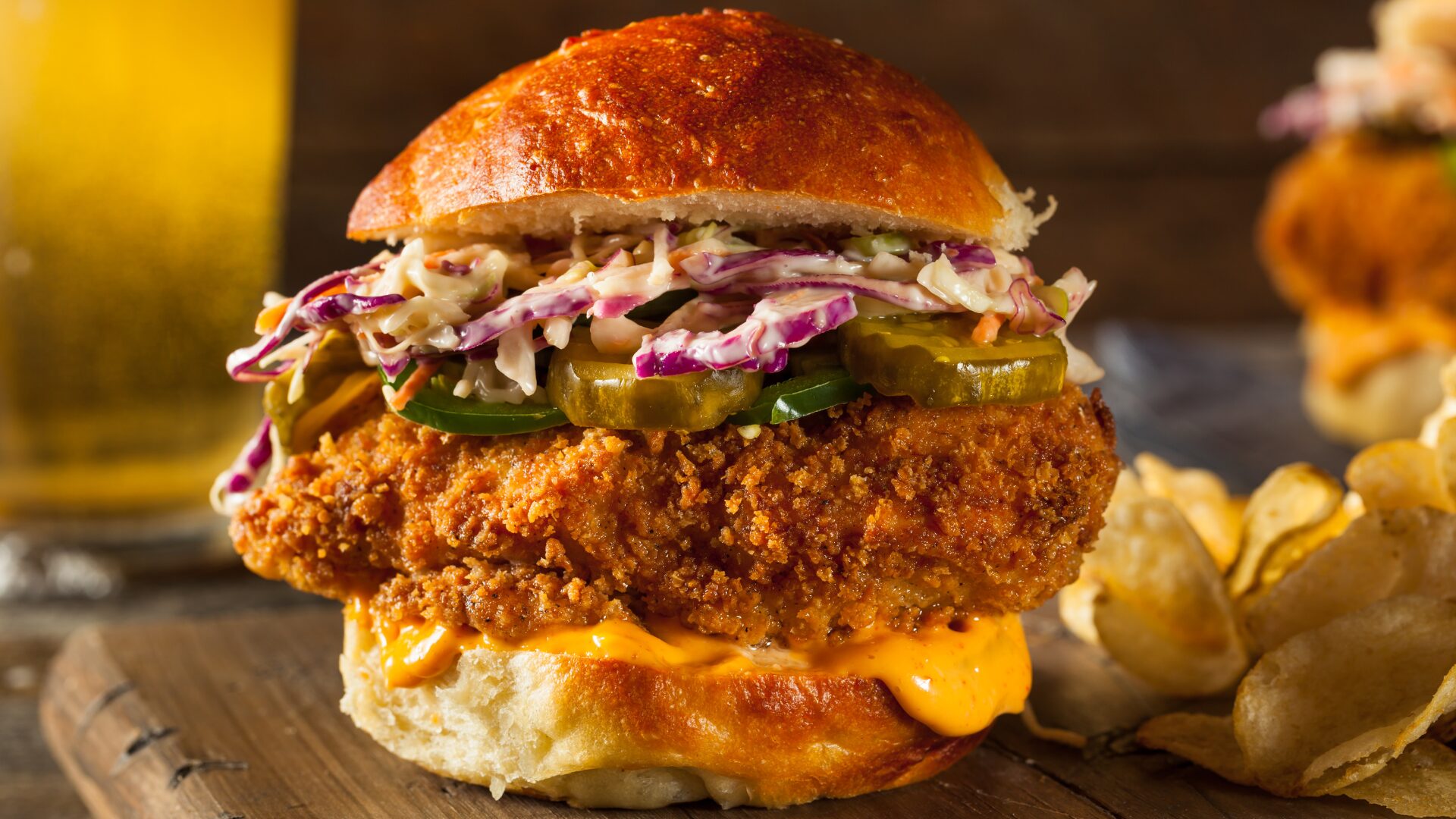As major companies are turning to alcohol delivery, they’ll face more regulation in New York City and perhaps beyond. Here’s a closer look at the issues at play:
FOOD DELIVERY EXPANDS INTO ALCOHOL DELIVERY
Food delivery platforms, such as Uber Eats and DoorDash, have been adding new verticals to generate business. Companies have added options for grocery and convenience store delivery throughout the pandemic.
Now they’re turning to alcohol delivery to capture more consumer dollars, as noted by The Wall Street Journal (Sept. 24).
DoorDash formally announced on-demand alcohol delivery for its Marketplace business. The company first started partnering with alcohol retailers in 2017, but now it has an official “Alcohol” tab top row center on the mobile app.
Delivering alcohol can increase both a restaurant’s order value and the earnings of couriers by about 30% apiece, according to DoorDash. For restaurants, larger average orders can enhance the value proposition of food delivery platforms.
Uber Eats also began experimenting with alcohol delivery in select cities in the UK and Australia back in 2017, but its first U.S. test wasn’t until 2019. Now, orders that include alcohol on the app have more than doubled globally in the past year. In February, the company announced it was paying over $1 billion to buy Drizly, the largest online marketplace for alcohol in North America.
The deal, expected to close later this year, will expand Uber’s U.S. presence for alcohol delivery as Drizly is currently available in 33 states. Meanwhile, DoorDash plans to deliver alcohol to all 50 states and already has licenses to deliver it in 20 states and D.C
DELIVERY WORKERS RECEIVE SWEEPING PROTECTIONS IN NYC
The New York City council approved first-in-the-nation legislation that would guarantee minimum pay and regulate conditions for workers with DoorDash, Uber Eats, and other apps, reported MarketWatch (Sept. 24).
The set of six bills addresses how much delivery workers get paid, as well as prohibits companies from charging them to receive their pay. It also lets workers access restaurant bathrooms except under certain conditions, mandates apps to be more transparent about tips, allows workers to set parameters for what work they will take without retribution, and requires apps to provide workers with insulated bags.
As many NYC residents have grown to rely on delivery even more during the pandemic, the city has been leading the charge to regulate delivery apps. It is currently facing a lawsuit from DoorDash, Uber Eats, and Grubhub over its 15% delivery fee cap, and from DoorDash over another law passed by the city council that requires delivery apps to share customer information with restaurants.


